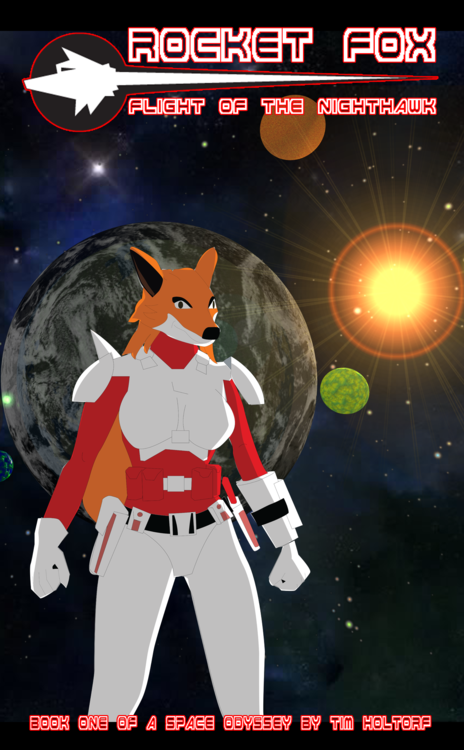It’s been a year.
Alright, it’s two days short of a year, but still. I don’t think I’ll be posting original material on either of my blogs (except maybe for a reblog or fifty), so this is a look back at the year that was for me personally.

I actually finished the first draft of my sci fi book. Sadly, it stayed in the first draft stage because I decided to take a break, which lead to life just being life. I still have the entire thing all written, and maybe at some point I’ll go back and begin the second draft edits, adding scenes, taking scenes away and putting it out for a second read through.
I’d also like to go back and revisit my other book, Black Mask & Pale Rider, at some point as well. Here’s hoping that 2014 will be the year I get back to it.

2013 was going to be the year I was finally going to settle down and buy a house. In the most comfortable of places, for me at least. The familiar area of where I grew up. For a couple of years, I had been looking at house prices, and this year was going to be the year when I’d buy my house. And then get a cat, because I’d like a companion to come home to (and clean up their poop and vomit because I know that would happen). Sadly, just like my writing, life decided to kick that idea right in the knackers.

A lot of the things I’d planned this year got derailed massively by the real life changing event. That was my move to Humboldt from Outlook. New job, new apartment, new city.
While I’ve been feeling better, this was not the best second half of the year, considering the entire relocation process began in July. On the one hand, it was great that I was given the opportunity to find a new job because my position was being phased out. But on the other hand, this year has been an extreme low point for me, almost as bad as the mid 90s when I had very suicidal thoughts.
Yes, I got that low. And I haven’t gotten much better, to be honest. But I’m hoping that 2014 will get better for me.
This year has been a year of poetry to fight off depression, which I consider awful poetry (my opinion, I wrote it, but if someone liked it, that’s fine, you have to remember I wrote that during some of my darkest feelings and it’s not something I wish to visit upon again). Maybe in 2014 things will get better. At the very least, I’m hoping that I’ll get my writing caught up and get back into that. I guess I’ll be putting the dream of buying a house to the side for the time being.























